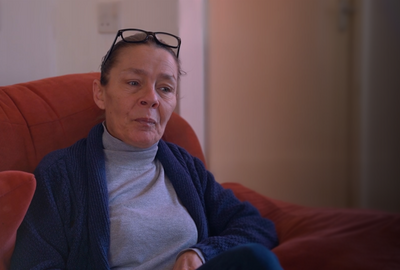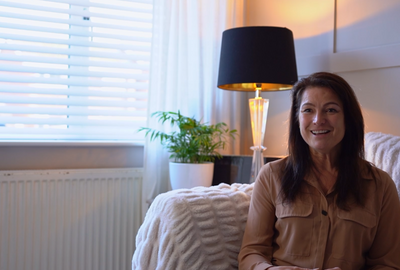Want to become a drama teacher? As with all teaching roles, it's a position that commands a great deal of respect from the public. It can be a truly fulfilling and rewarding career too; one that unlocks a child's potential and helps them define their path in life. But how can you stand out from other candidates and secure a drama teacher job?
We've put together a guide to everything you need to know if you're hoping to get a new role teaching drama in a school, college or university. We've included information such as what makes a good teacher, how to become a drama teacher and the most common drama teacher job interview questions to help you prepare.
H2: what does being a drama teacher involve
For someone passionate about the theatre, being a drama teacher is an exciting job. But it's personally demanding too. While it entails preparing lesson plans and following the national curriculum, successful drama teacher candidates will experience a certain degree of teaching freedom. You'll have the chance to use creativity and interaction in the classroom and try out teaching methods that include storytelling, tableaux and role-playing.
what makes a good drama teacher
Experience in singing and dancing is not essential for a drama teacher. But many institutions will expect an 'all-rounder' – someone who can direct school musicals or maybe offer additional help with English literature classes. A good candidate for drama teacher jobs shouldn't shy away from written assignments either.
As a teacher of drama or theatre studies, you'll provide students with written work every now and then. This will subsequently require marking and feedback. One other part of the role is to prepare children or young people for important exams. You'll be responsible for directing your students' final performances, for example, which are assessed by an outside moderator.
how to become a drama teacher
Drama teacher and lecturer jobs require determination, loads of energy and flexibility. Potential candidates ought to be able to prove their dedication and love of drama. Knowledge of current and historically relevant playwrights, directors and theatre critics is crucial. Meanwhile, having a basic grasp of lighting and set design, voice training and theatre history can all be a benefit.
In terms of qualifications, you'll need a general teaching certificate to teach drama in secondary schools. You'll also require a bachelor's degree in theatre studies or the performing arts.
Experience in the business itself will always stand a candidate in good stead. This is, after all, a practical performance art. So, don't ever discount the value of having been there and done it.
can you be a drama teacher without a degree
Yes, you can apply for drama teacher jobs without a degree. Since 2012, it's possible to become a teacher in the UK by achieving Qualified Teacher Learning and Skills (QTLS) status. But it's still necessary to get a Level 5 Diploma in Education and Training or equivalent qualification first.
how to prepare for a drama teacher interview
As with all teaching interviews, a candidate can expect a panel numbering anywhere from five to 10 individuals. So, it's important to remain calm and speak clearly and succinctly. This may not quite be an audition for the West End, but it's an equally important situation for someone passionate about teaching drama. So, regard it in the same light. Come prepared, smartly dressed and punctually, step into the spotlight and use the time to shine.
drama teacher job interview questions
Need some pre-interview help? Here are just some of the questions that can be asked to anyone applying for a drama teacher or lecturer job:
- Where do you think drama sits within the school curriculum? Why do you think it's important for children to learn drama?
- Describe how you would start work on a new play with your class.
- How would you help children with special education needs in your class?
- How would you encourage a child who doesn't feel like performing?
- How would you build confidence and a love for drama in children who have not had the opportunity to engage with the arts before?
general interview questions
As well as questions related to the job you're applying for, you'll also be asked about yourself – such as your background, ambitions and qualities that make you suitable for the role:
- What are your strengths/weaknesses?
- What made you want to become a teacher?
- What are your career goals?
- In what ways do you feel you could contribute to after-school provision?
- What do you know about our school?
- Why are you the right candidate for this job?
good questions to ask at a teaching interview
Finally, drama teacher job interviews don't just have to be a one-way street. It's your chance to ask questions too. After all, the job must be a good fit for you just as much as you must be a good fit for the job. So, here are some good questions to ask at a teaching interview:
- What are the typical day-to-day responsibilities in this role?
- Are there any extra-curricular activities this role can support?
- What equipment/technology is available to the department?
- Is there a mentoring or support structure for new staff members?
- What are your ambitions for the drama faculty/department?
Of course, you may have other questions that come to mind before or during your interview. Do remember to be diplomatic, however. It's one thing to show a keen interest in the role, but don't let it become confused with an overbearing or aggressive approach.
Want more advice on acing a drama teacher job interview? Read some more practice questions!



